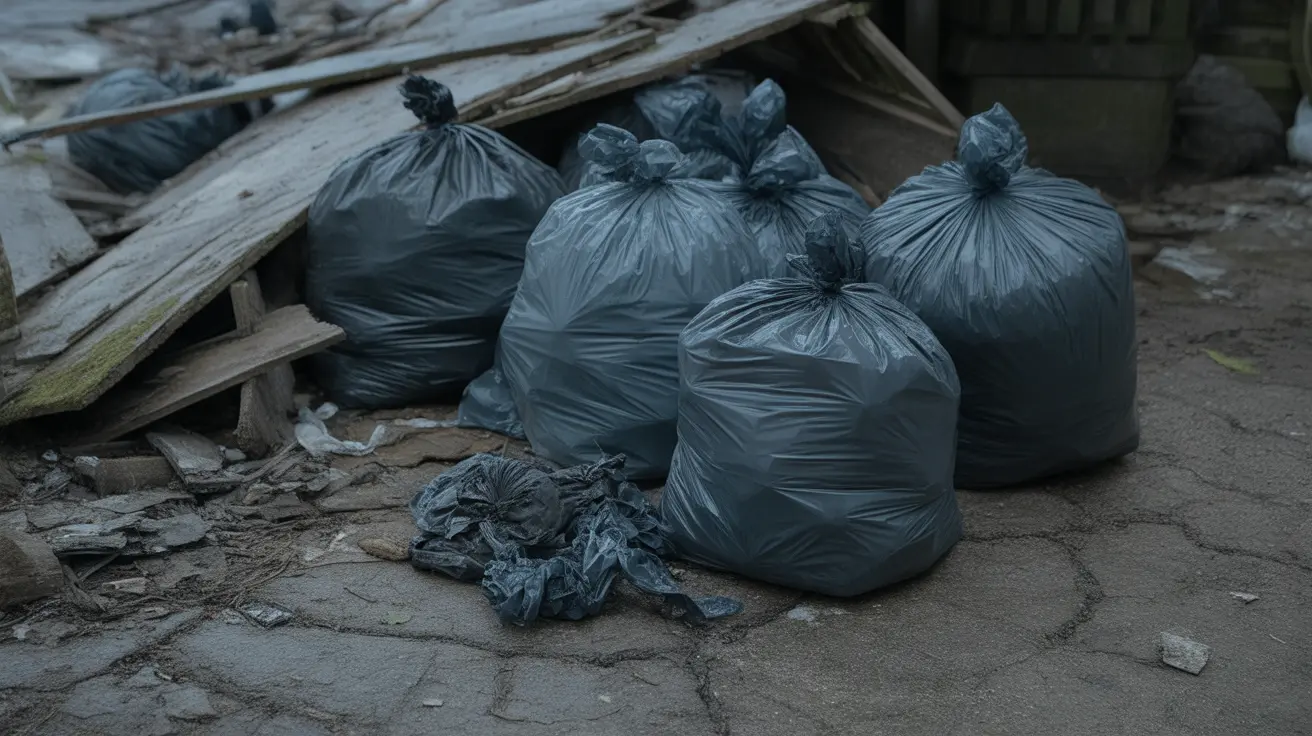The Dangers of Feeding Dogs Pecans and Other Nuts
For many pet owners, sharing their favorite snacks with their furry companions is a common practice. However, what may be a healthy treat for humans can pose serious health risks for dogs. Among various food items, pecans are especially dangerous for dogs due to several toxic and physical threats. While other nuts also present hazards, moldy pecans stand out as one of the most toxic things dogs can eat.
Why Pecans Are Unsafe for Dogs
Pecans are rich in fats and can contain juglone, a compound toxic to dogs, particularly when the nuts are moldy. They are hazardous for several reasons:
- Mycotoxins and Aflatoxins: Moldy pecans can harbor Aspergillus mold, producing toxins that cause tremors, seizures, or other neurological issues in dogs.
- High Fat Content: This can lead to gastrointestinal upset or trigger pancreatitis, an inflammation of the pancreas marked by vomiting, diarrhea, and abdominal pain.
- Juglone: A fungal toxin occurring naturally in some tree nuts that may compound effects of mold or cause issues on its own.
- Choking and Blockage Risks: Whole nuts or shells can obstruct the esophagus or intestines, sometimes requiring surgical intervention.
Common Symptoms After Pecan Consumption
Dogs that eat pecans may exhibit a range of symptoms. These include:
- Vomiting and diarrhea
- Abdominal pain
- Lethargy
- Loss of appetite
- Tremors or seizures
- Increased urination
Dogs consuming small amounts may recover on their own, but moldy or large quantities significantly increase the risk of severe illness.
Other Dangerous Nuts for Dogs
In addition to pecans, several other nuts are extremely unsafe for dogs:
- Macadamia Nuts: Known to cause vomiting, tremors, hyperthermia, and weakness.
- Black Walnuts & Hickory Nuts: Like pecans, these can harbor dangerous molds and high fat levels.
- Pistachios: Though not as toxic as others, they're risky due to fat content and potential for aflatoxin contamination.
What to Do If Your Dog Eats Pecans
If your dog eats one or two pecans, monitor for symptoms. However, if they've had moldy or large quantities, particularly if they’re a small breed or have underlying conditions, it’s essential to:
- Contact your veterinarian immediately
- Do not induce vomiting unless directed
- Observe for tremors, seizures, or digestive distress
Safe Alternatives to Pecans
Many pet-safe treats provide nutrition without the risks pecans carry. Consider these healthy options:
- Plain carrot sticks
- Apple slices (without seeds)
- Cooked lean chicken or turkey
- Dog-specific treats formulated for dietary needs
Treats, even healthy options, should make up less than 10% of a dog’s daily calories, especially for overweight or digestive-sensitive pets.
Prevention Is Key
Keeping nuts out of reach is essential. Here’s how to minimize the risk:
- Store nuts securely in airtight containers
- Pick up dropped pecans in yards, especially if you have a pecan tree nearby
- Supervise your dog on outdoor walks
Understanding the risks of peculiar human foods like pecans helps pet owners prevent health emergencies. Always consult a vet when your dog eats something questionable, and remember: what’s safe for you might be hazardous to them.





